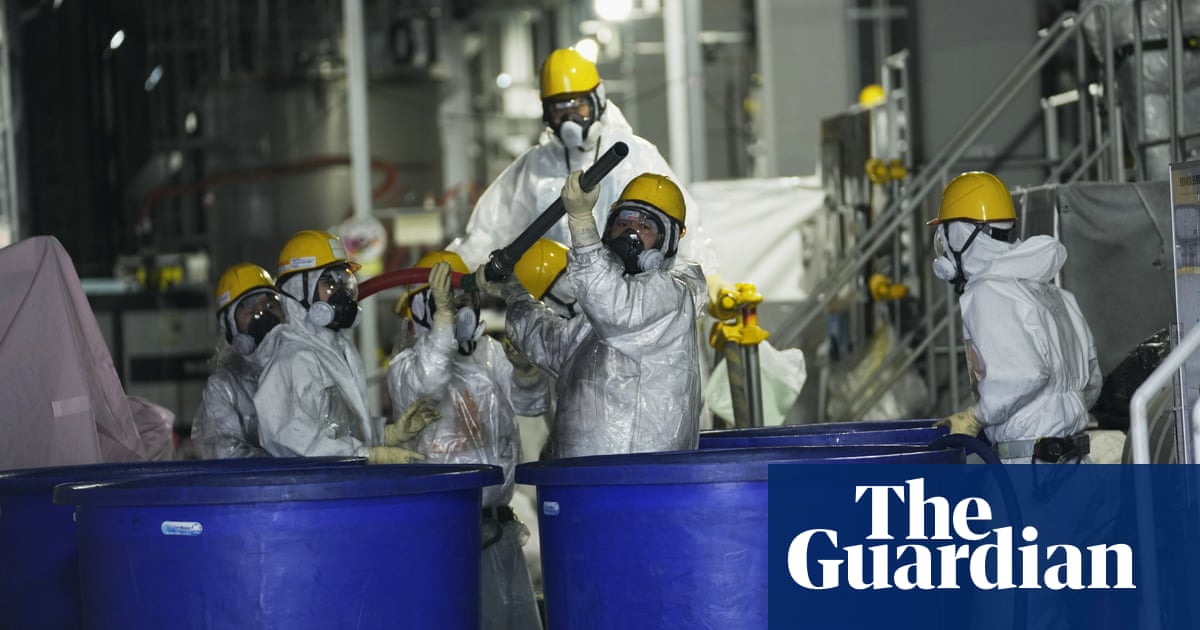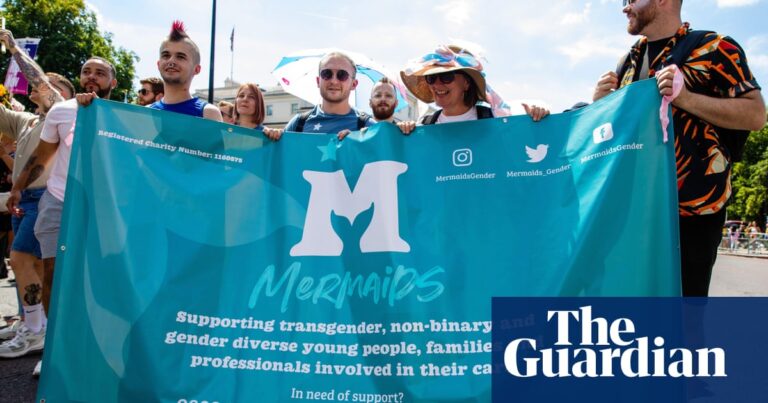
According to the operator of the Fukushima nuclear plant, four employees were exposed to radioactive material when they were splashed with water. As a precautionary measure, two of the workers were taken to the hospital.
The incident, which took place on Wednesday, highlights the dangers Japan still faces in decommissioning the plant. The reactor was knocked out by an immense tsunami in 2011 in the world’s worst atomic disaster since Chornobyl in 1986.
According to a representative from Tepco, while five employees were working to clean pipes in the wastewater filtration system before releasing it into the ocean, two of them were unexpectedly sprayed after a hose came loose.
The spokesperson reported that two more individuals were exposed to the contamination while they were attempting to clean up the spill.
The two hospitalized men had radiation levels equal to or greater than 4 becquerels per square centimeter, which is the established safe threshold.
The Tepco representative stated that the two workers who were hospitalized are in stable condition.
According to Tepco, both individuals will remain in the hospital for approximately two weeks for further examinations. The company is also investigating the cause of the accident and implementing measures to avoid a similar incident in the future.
A few days after Tepco finished releasing a second round of wastewater from the plant, there was an incident. This occurred while United Nations inspectors were visiting the facility for a safety inspection.
On August 24, Tepco started releasing over 1 million tonnes of water into the sea. This action received backlash from China and nearby fishing communities who are worried about the negative impact on the quality of their catches. The water is treated to eliminate most radioactive elements, however it still contains tritium, a hydrogen isotope that cannot be easily removed from water.
The stance of Tokyo is supported by the International Atomic Energy Agency, stating that the released water is not harmful.
However, the release has been met with criticism from China and Russia, resulting in a ban on Japanese seafood imports.
The water release, which is equal to 540 Olympic-sized swimming pools, is intended to make room for the more dangerous job of taking out radioactive fuel and debris from the three damaged reactors.
Source: theguardian.com
















